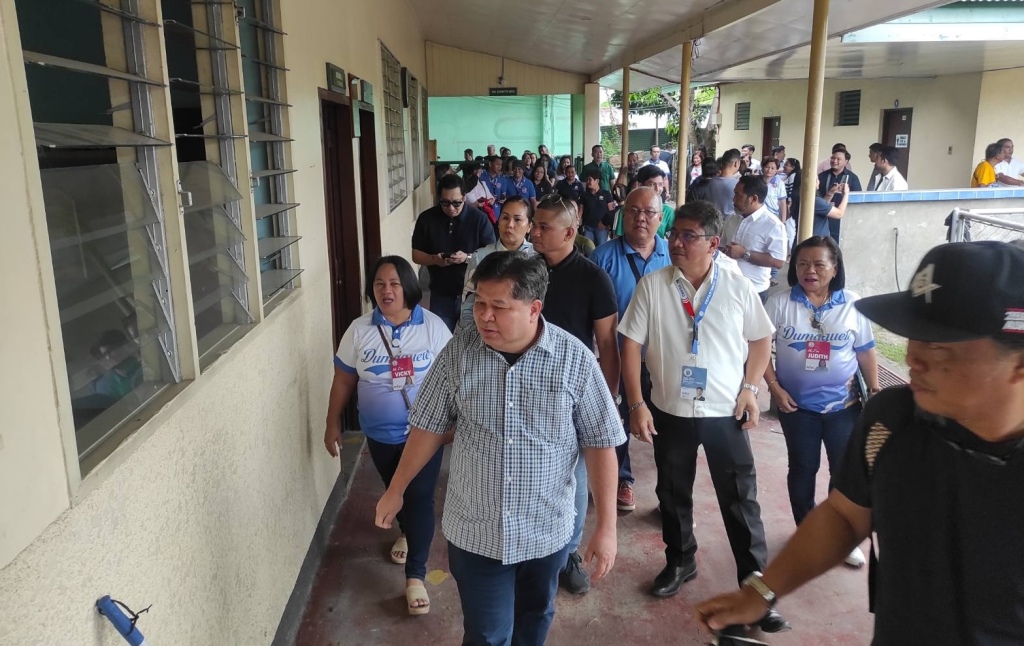By Roi Lomotan

DUMAGUETE CITY, Negros Oriental (PIA) — The Dumaguete City local government has turned over the facilities of the former Cittadini School to the Department of Education (DepEd) Region 7, which will soon be used by students and faculty of the City Central Elementary School and Calindagan Elementary School.
Dumaguete City Mayor Felipe Remollo said the classrooms, halls, and courts will provide a conducive learning atmosphere for students and a suitable venue for their extra-curricular activities.
Remollo announced in May that the Ursuline Sisters of Somasca, a congregation of nuns operating the former Catherina Cittadini School, agreed to sell the entire 1.8 hectare property in Barangay Calindagan to the city government for P175 million payable in installment basis.
City Public Information Officer Katherine Aguilar said the Somascan sisters decided to sell their property because they trust the current administration will continue their legacy and mission of educating young people.
The mayor said the city government’s purchase of the property is timely because they are looking for a relocation site for the City Central Elementary School (CCES).
CCES is currently located at the City Hall compound, which is not a suitable place for a campus.
Remollo added that the city government also decided to relocate the students of Calindagan Elementary School (CLES), which is the nearest public elementary school in the area.
The turnover of the facilities to DepEd-7 on June 6 was attended by Remollo, DepEd7 regional director Dr. Salustiano Jimenez, vice mayor Maisa Sagarbarria, and city administrator Lilani Ramon.
DepEd7 will occupy the facility on a usufruct agreement with the city.
Jimenez thanked the city government as the current location of CCES is no longer conducive for learning due to congested traffic and the number of people passing by the school to transact at the City Hall.
Staying at the current location would also result in limiting the number of enrollees since DepEd can no longer build additional classrooms in the area.
“We see to it that the basic education that has been produced by DepEd shall also be of quality. We can only have quality if all other components are present and one of them is a conducive learning place and away from disturbance. I see and observe that this Cittadini School which will become a public school soon is a place to be,” Jimenez said.
The facilities inside the former Cittadini School include dozens of standard size classrooms, a gymnasium, laboratories, cafeterias, chapel, road network with adequate parking space, playground, grotto, among others.
Remollo also reiterated the city government’s commitment to provide adequate learning facilities to the students.
“Whatever you need, we have a buffer of P3 million that would have been used to refurbish Calindagan Elementary School can now be used to do some connective works or do whatever you see fit to be done in this facility,” Remollo said.
The mayor also instructed the City Engineer’s Office to provide three access gates on the western side of the campus facing the Dumaguete City National High School to accommodate the students and teachers while avoiding traffic congestion at the national highway.
Both Jimenez and Remollo assured that the classrooms will be ready before the start of classes in July.



